[LUM#15] At the roots of the forest
The goal of the Global research project led by botanist Thomas Couvreur is to gain a better understanding of the evolutionary history of Annonaceae and tropical rainforests. This research will provide valuable insights into the evolution of this extraordinary ecosystem.
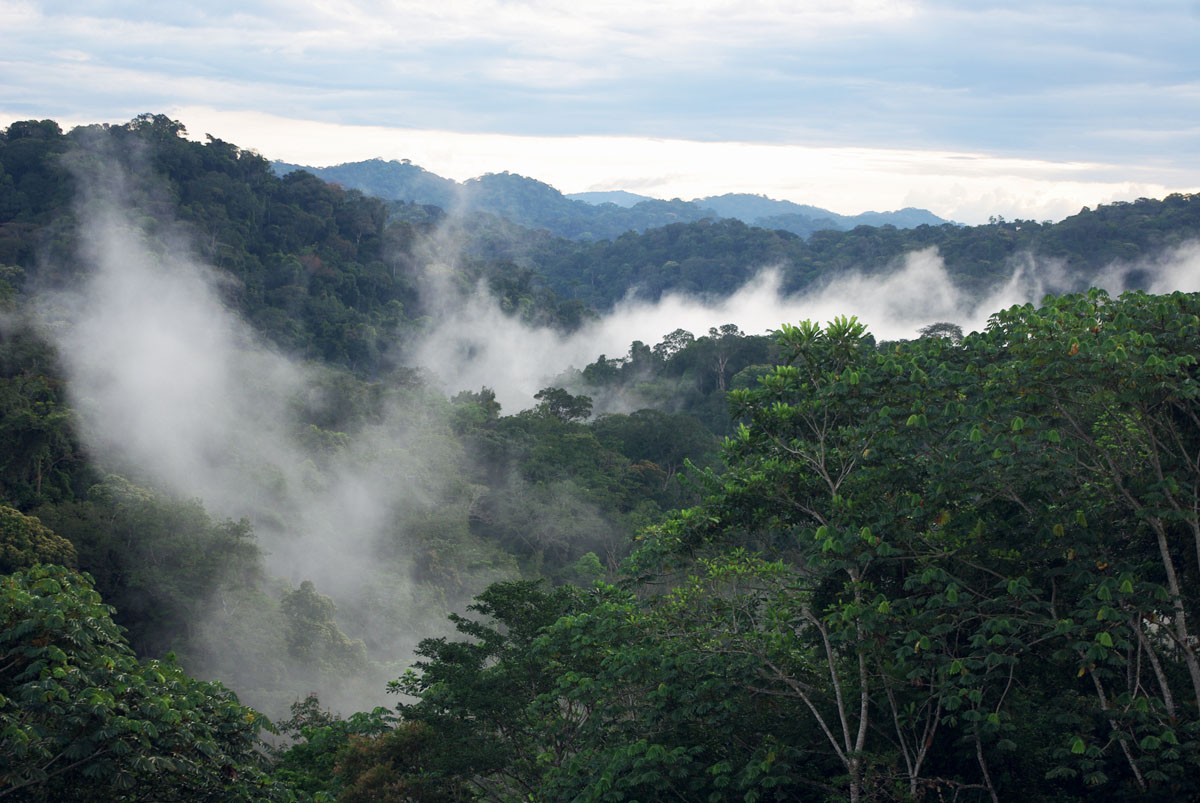
Of all the ecosystems on the planet, this is the one with the richest biodiversity. "So rich, in fact, that tropical rainforests remain poorly understood, " says Thomas Couvreur. The botanist from the Diade* laboratory has been exploring these forests for years. They cover nearly 600 million hectares in Africa and more than 1.7 billion hectares worldwide. This is an extraordinary field of exploration for the researcher, who, with his research project entitled GLOBAL, aims to gain a better understanding of this essential ecosystem.
How has their great biodiversity evolved over time? To try to answer this big question, Thomas Couvreur and his colleagues are focusing on one of the most important families of tropical plants: the Annonaceae. "This family comprises nearly 2,500 species distributed throughout the world's tropical forests, where they first appeared 90 million years ago, " explains Thomas Couvreur.
Its goal: "to gather everything we can learn in order to better understand the evolutionary history of Annonaceae and, therefore, tropical rainforests." The GLOBAL project relies on numerous collaborations with countries in the Global South to gather as much data as possible. "To do this, we will of course study plants in the field, but we mainly use specimens from herbariums." These are a wealth of information for botanists, who deploy a whole arsenal of tools, from spectrometry to molecular sequencing, to better trace the genealogy of Annonaceae...
But also to better describe their future trajectories. Because many species are threatened with extinction due to human activities. What impact will the disappearance of these species have on the evolutionary history of tropical rainforests? "We are trying to understand how the Annonaceae tree of life will be affected in terms of its taxonomic, functional, and phylogenetic diversity, " explains Thomas Couvreur.
A project that will shed light on the evolution of these unique forests, which play a major role in climate regulation, particularly thanks to their ability to store carbon.
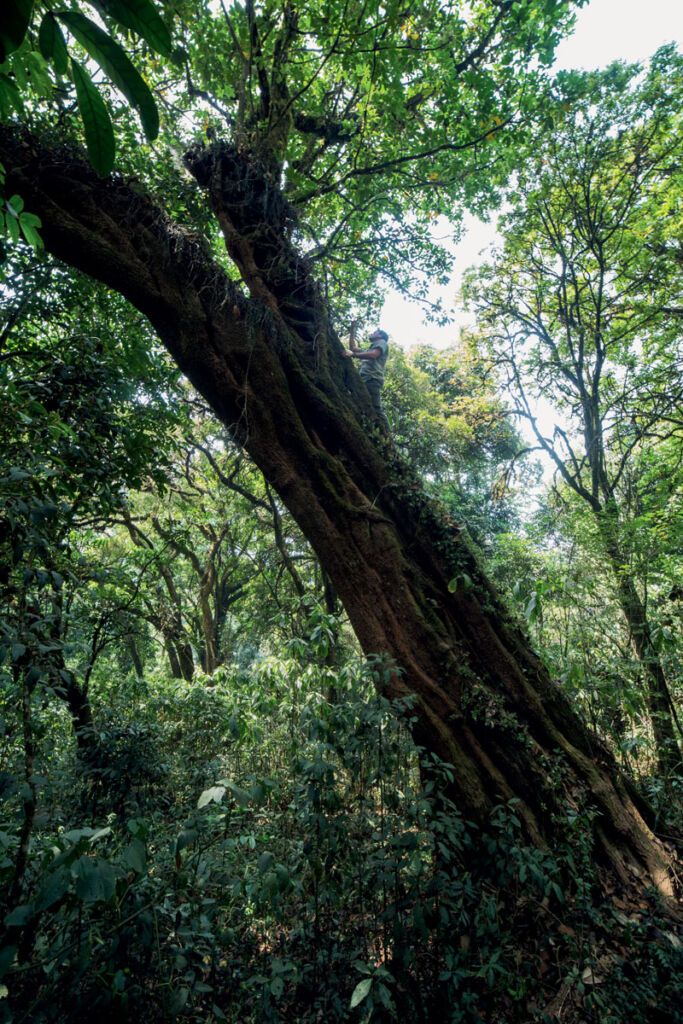
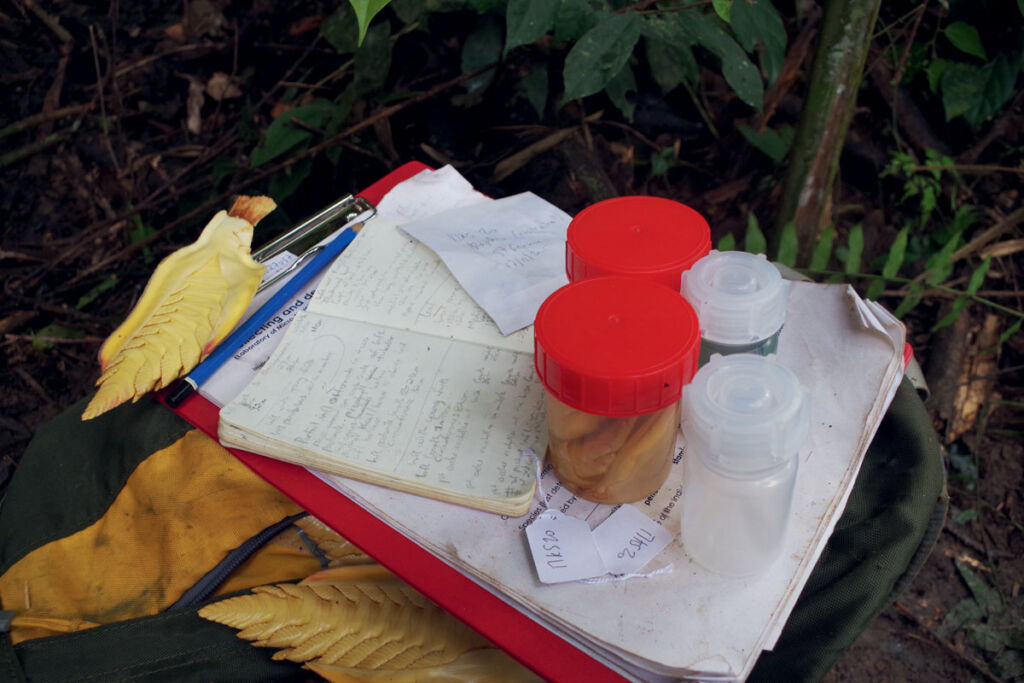
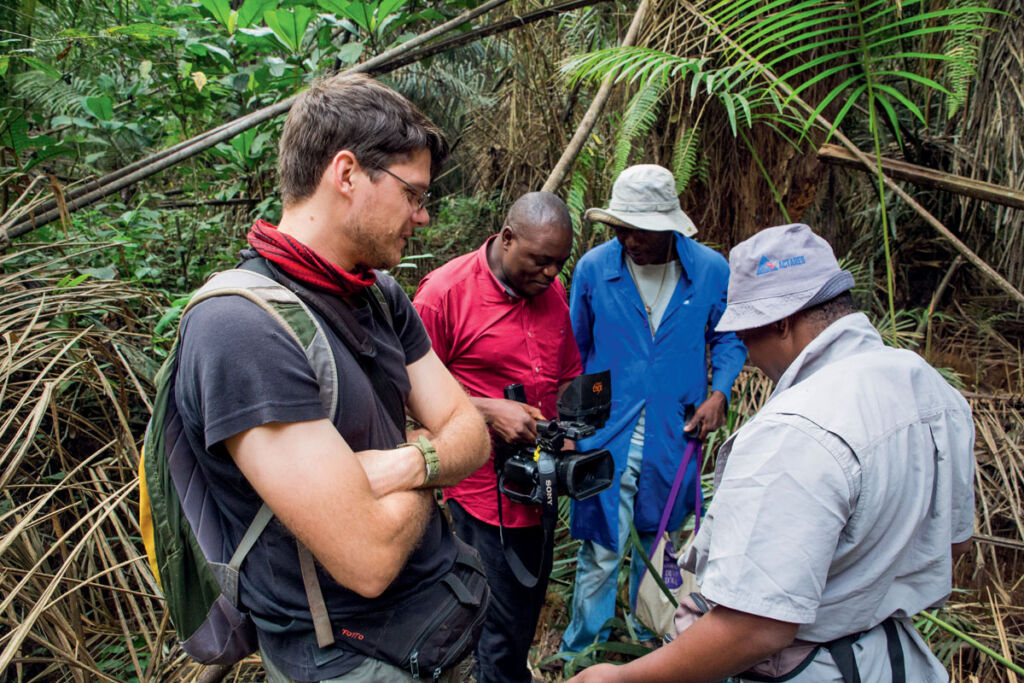
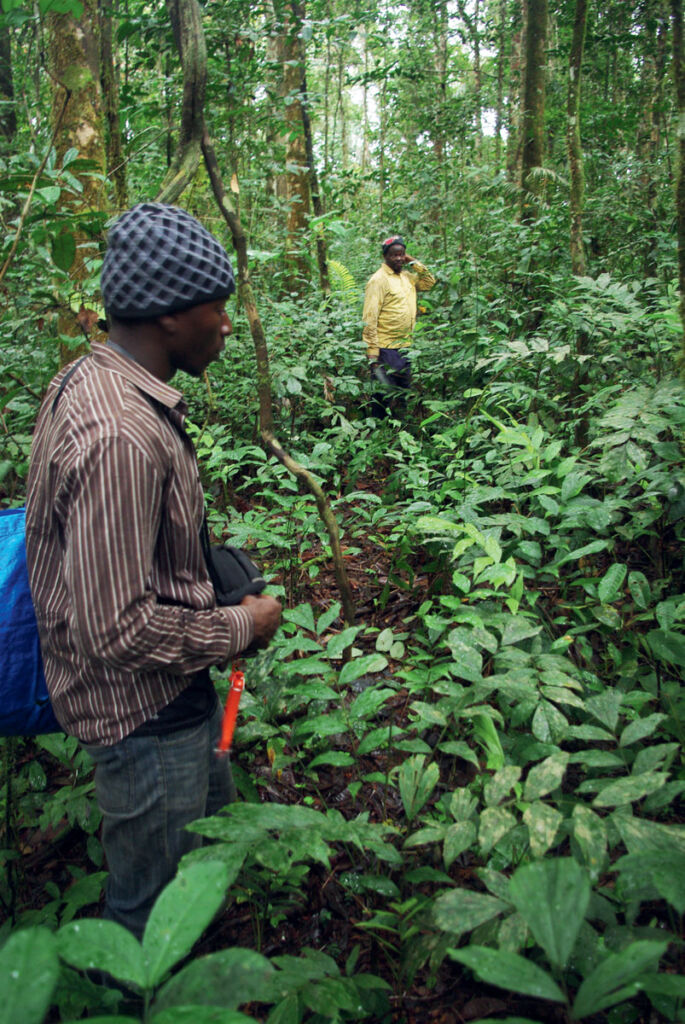
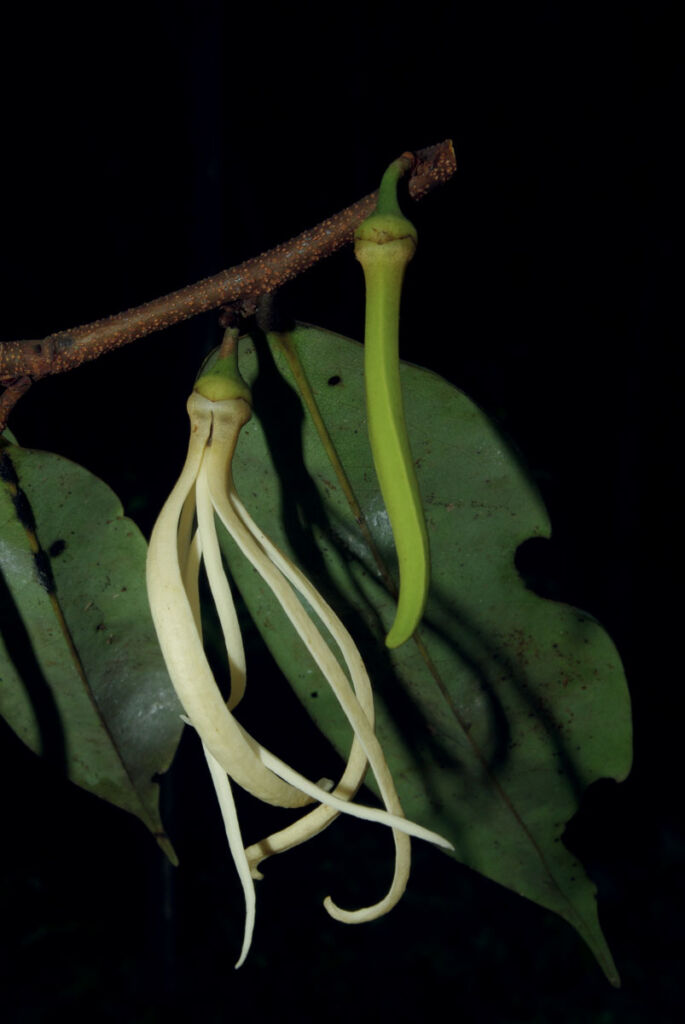

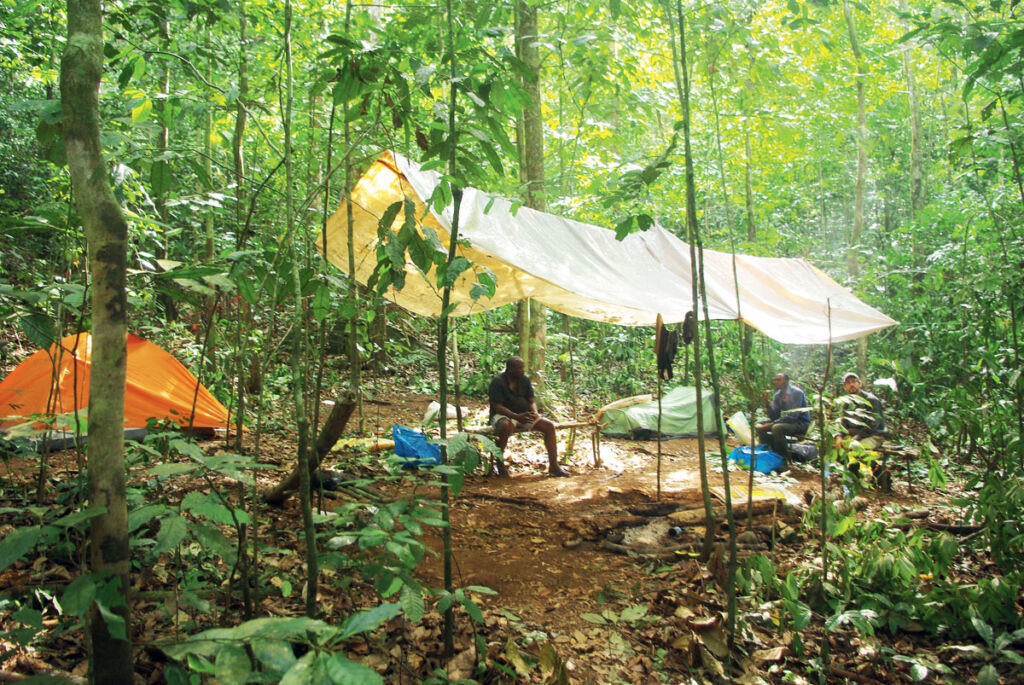
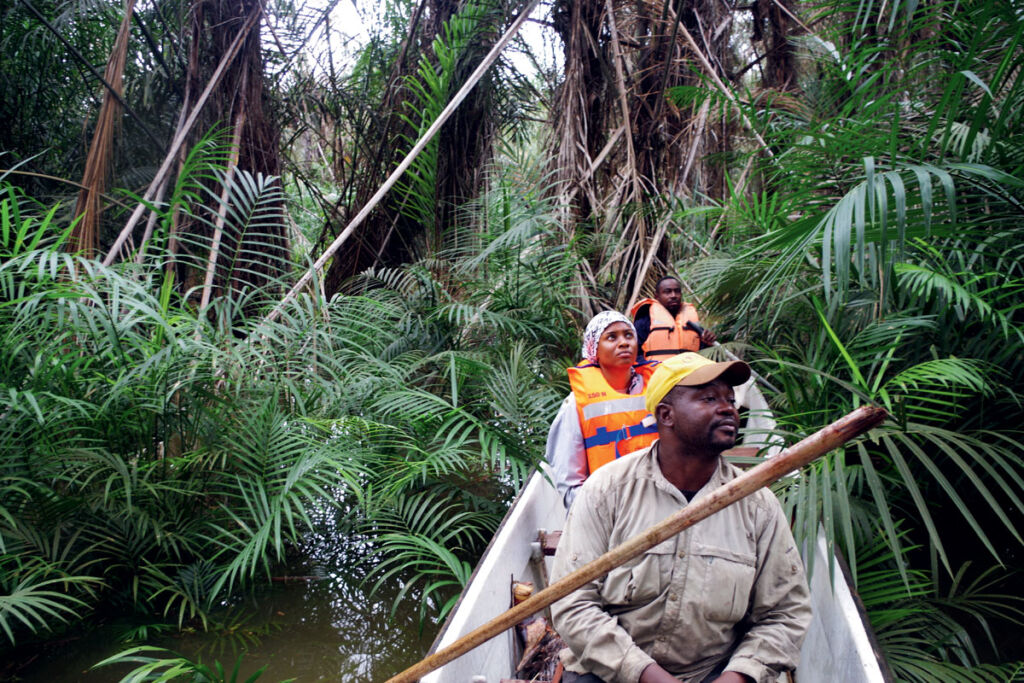

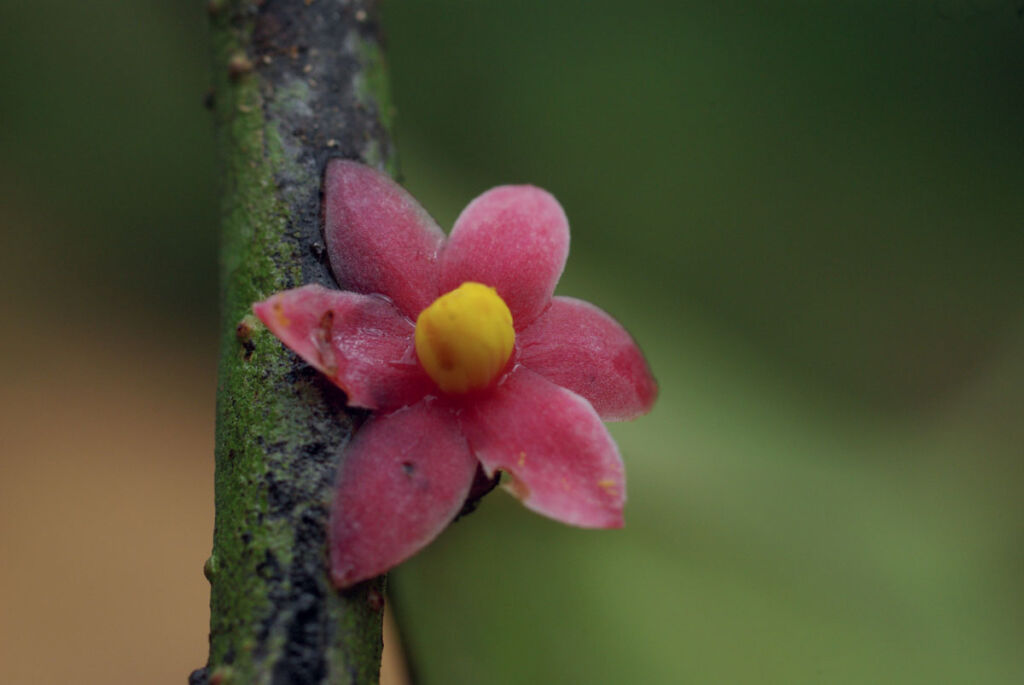
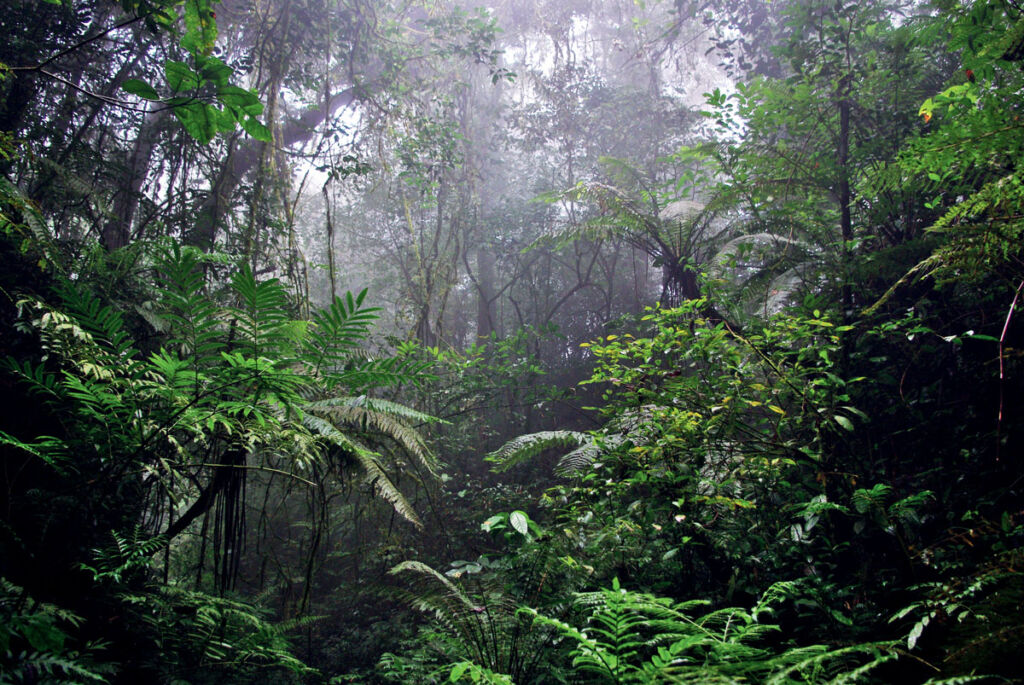
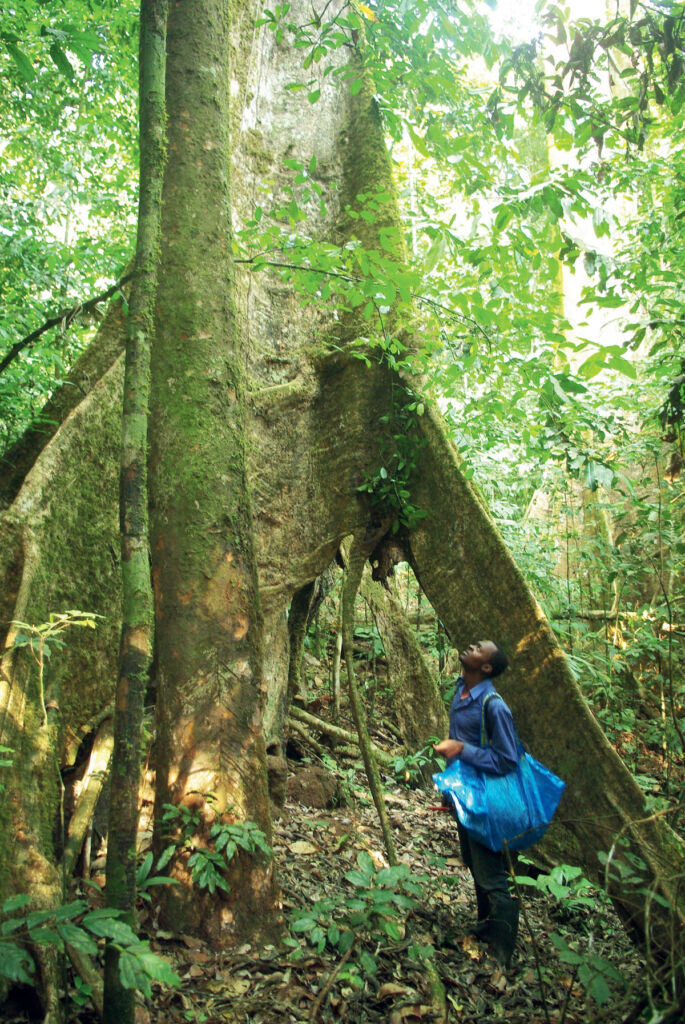
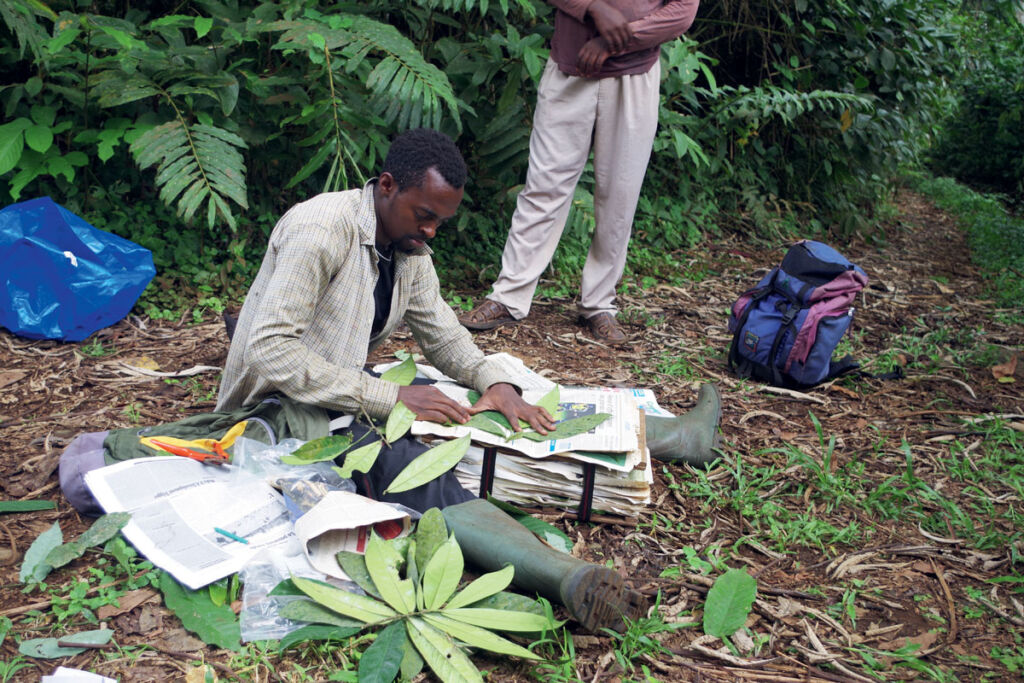
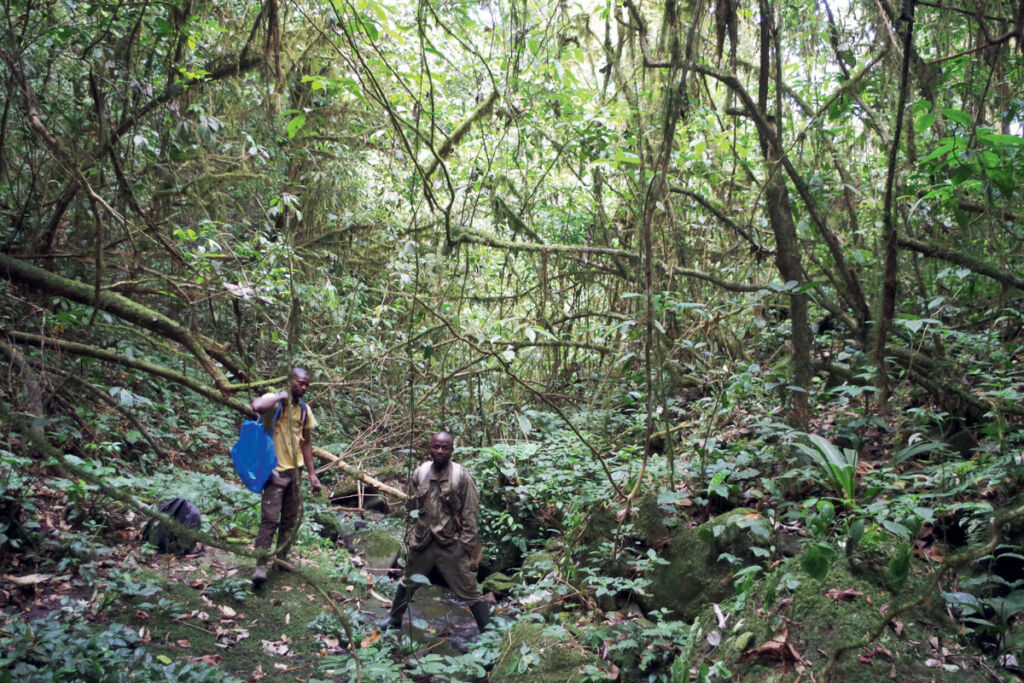
Find UM podcasts now available on your favorite platform (Spotify, Deezer, Apple Podcasts, Amazon Music, etc.).
* Diversity, adaptation, and development of plants – DIADE (UM – CIRAD – IRD – CNRS)